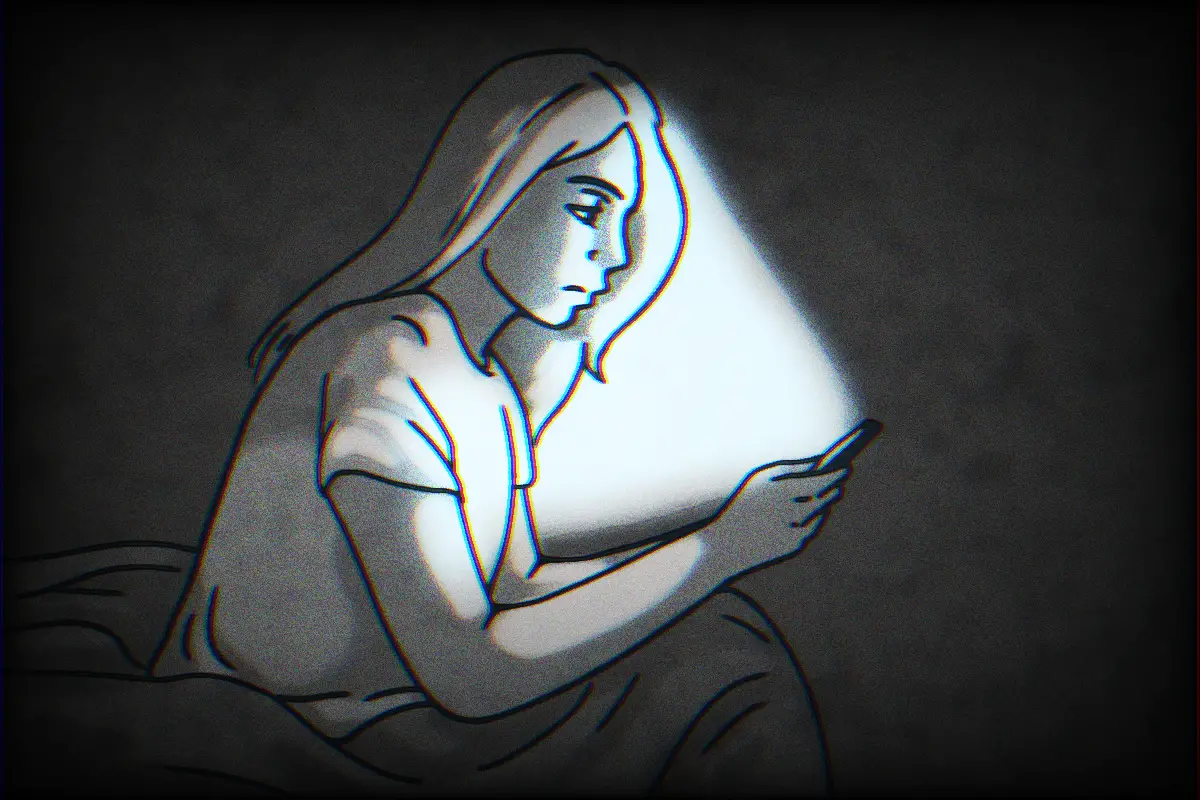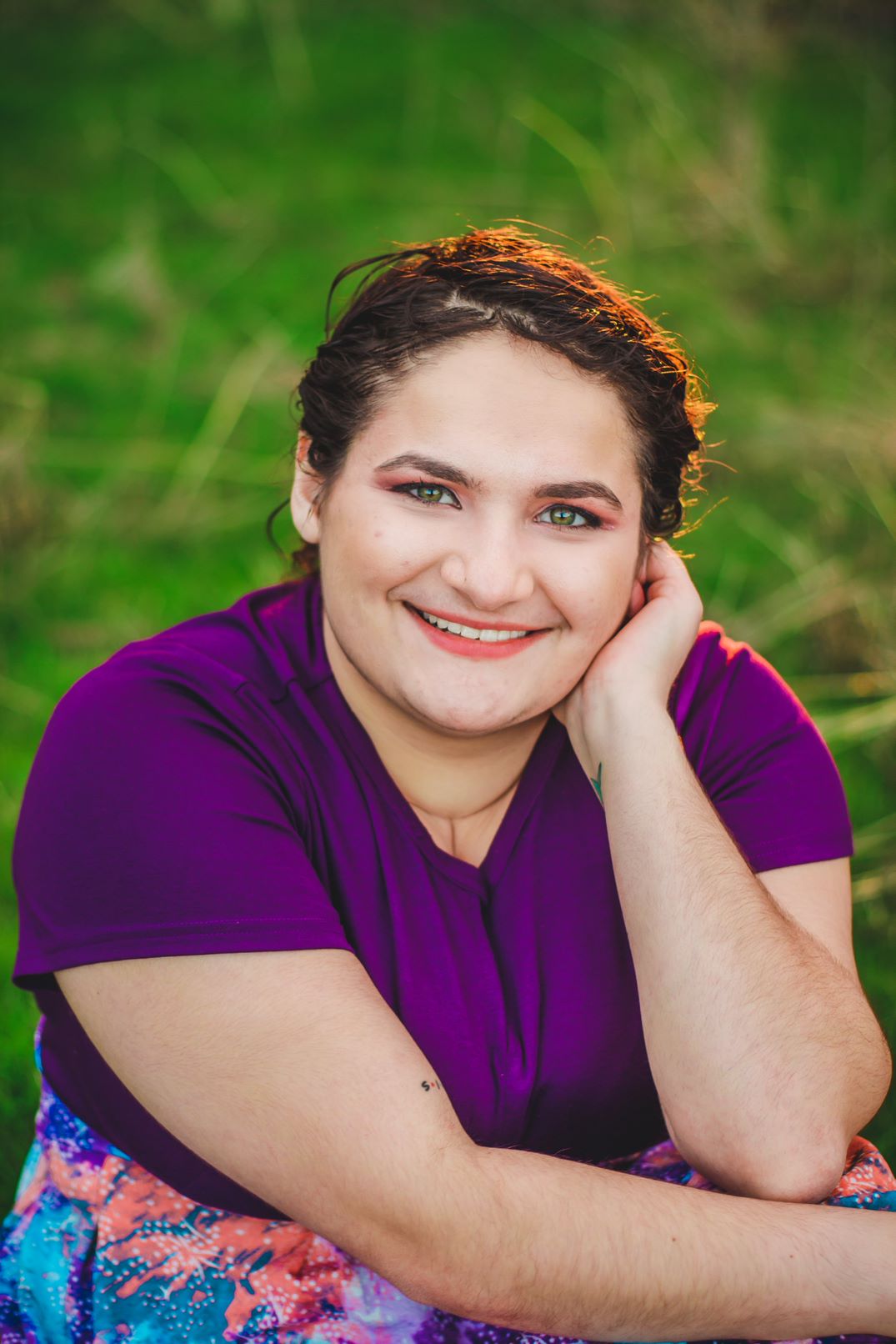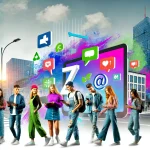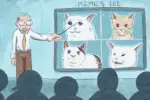Gen Z is in the middle of a mental health crisis. The enigmatic generation is seemingly boundless mental health problems, whether it be a rise in depression or anxiety. But, is the rise in mental illness in Gen Z alone, or is there simply a rise in awareness of it?
Social media has always been relatively popular, but when the Covid-19 pandemic shut the world down, it became everyone’s source of socialness. This led to more reliance on social media for the connectivity it provided. Could this play a part in the rise in mental health awareness? Or is social media doing more harm than good?
To start, mental health awareness is something that has been on the rise for many, many years now. Fictional representations in television and books have also started becoming more prevalent. Mental health is popping up all over the place, and even here at Study Breaks, we’ve got an overwhelming amount of articles about mental health.
There’s lots of mental health awareness on the rise with celebrities as well. Selena Gomez’s Apple TV+ documentary, “My Mind and Me,” has an entire section about her experience with bipolar disorder and how she came to realize she had it. Gomez is very open about her struggles with mental health and the importance of taking care of yourself in the documentary. She even co-founded Wondermind, which provides a safe space online for people with mental health issues to learn and share with one another.
A large part of this growing awareness can also be attributed to the impact of Gen Z’s newfound vocabulary as well as the tools social media provides. Social media allows Gen Z broader language and expanded descriptions to recognize what’s really going on in their lives. Pairing this newfound vocabulary with the knowledge and ability to discuss things with peers, it allows for furthering knowledge and coming to new realizations. Almost like a study group would in a college class.
Given these online connections, Gen Z seems like the ripe new generation of young adults with the world ready for the taking. But when did the taking become so difficult?
As generations have changed, so has the world around us. We see it on a daily basis, with parks being bulldozed to build parking lots and malls. We see it in office buildings taking over the world around us. Everywhere, even the suburbs, seems to be part of a growing city. We are in the middle of a climate crisis, with an expiration date on the amenities we enjoy now. Surely, this plays a role in a growing depression.
Obviously, a growing depression in a generation has more than one cause. The influence of social media has created a great gift, but also a severe amount of detrimental harm. The omniscient presence that social media allows us could be creating that detriment to our mental health. It is not healthy to be aware of everything going on in the world all the time. Can we really handle the stress of every country everywhere in the world at war all the time? Social media is a relatively new tool, and the hypervigilance that comes with the awareness of everything going on in the world is the same way. But luckily, new terminology is being created to help describe it. The phenomenon of “doom scrolling” perfectly encapsulates why constant consumption is dangerous: hearing the grimy details of every horrid world event may just lead to greater anxiety.
Further, while people can find belonging in their respective online communities, we also see a rise in cyberbullying and comparison. The most dangerous part of social media is the comparison game that it can create in young minds. Most people only post their best selves on social media, which can lead to a lot of jealousy and depression from those viewing it. Even I find myself scrolling through Instagram or TikTok, looking at the lives of my friends and getting incredibly jealous at the things they have and I don’t.
Or maybe social media is just a mask for vulnerability, because users are too scared to be open and kind people on it. Facebook is full of fake façades of happiness. X (formerly known as Twitter) is full of toxic wars on opinions. Have we turned social media into what it is today? Is social media simply the tool, and we are the weapon, to fuel hate among each other?
Social media is definitely a double-edged sword. While it can lead to an increase in jealousy and anxiety, it can also spread awareness about mental health issues. There are a lot of doctors and therapists on social media, and it opens up a lot of doors for people who have health problems and mental health problems. While it’s important to get an actual diagnosis from a licensed professional, social media sources allow people to take control of their own mental health by offering free information and advice concerning different disorders. Once you start paying attention to what’s going on with your mental health, it makes it much easier to cope with issues that may stem from it. Not everyone can afford to see a licensed mental health professional, so having social media as an alternative avenue to research their suspected mental illness can be a great resource.
Ultimately, social media is a wonderful tool for those with mental health issues. Gen Z can use their social networks to expand their knowledge and vocabulary in relation to mental health. It’s a great way to find resources, get advice from people struggling with the same things as you, and to really learn to connect with others.

















